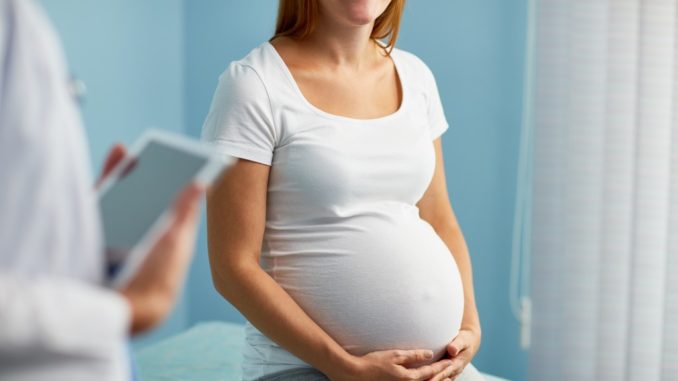
Most people who are generally healthy don’t really need to be scared of listeria because it only causes flu-like symptoms in adults. It’s most severe effects, however, which includes systemic infection and death, almost always occur in the elderly and individuals with compromised immune systems.
However, pregnant women contracting listeria is an exception. According to the Centers for Disease Control and Prevention, CDC, expectant women and unfortunately, the baby they’re carrying, have an increased risk of contracting listeriosis or listeria infection than healthy people.
Why Pregnant Women Have an Elevated Risk of Contracting Listeriosis
During pregnancy, a woman’s body dampens certain aspects of the immune system so that the body won’t reject the fetus. On the other hand, experts believe that a dampened immune system can leave a pregnant woman particularly susceptible to listeria infection.
Certain kinds of soft cheeses such as those commonly used in Hispanic cuisine like queso blanco and queso fresco, which are usually made with unpasteurized milk, may contain listeria. Because of this, the U.S. FDA, Food and Drug Administration, states that Hispanic women usually have a higher risk of contracting listeria infection.

This is due to their diet that typically involves raw and soft cheeses.
Symptoms of Listeria During Pregnancy
It’s also crucial to point out that severe symptoms in mothers or pregnant women are very rare. In most cases, the symptoms include stomach pain, diarrhea, headaches, fever, and aches and pains. All the symptoms are very common among many different diseases and conditions and are not specific to listeriosis.
But there’s a chance that they are due to some other infection or disease. But just to be on the safe side, it’s still best that you inform your obgyn in Provo so that she can monitor your baby for any warning signs that may indicate listeriosis.
Fatal Risks for Unborn Children
It is massively important to note that a listeria infection’s most severe risks during pregnancy are actually for the unborn baby instead of the mother. Because unborn babies can contract the infection from the mother, the result could be preterm birth, stillbirth, miscarriage, meningitis, or sepsis.
In 3% of cases, listeria infection during pregnancy leads to newborn death, and 20% of cases lead to fetal loss. The infection most likely develops during the third trimester of pregnancy due to the particular immune function changes that may decrease the natural defenses against infections.
But listeriosis might also develop earlier and could, therefore, be an undiagnosed reason for miscarriage. If the miscarriage occurs in the first two trimesters, the cause won’t likely be assessed in greater detail.
And while it’s possible that the cause could be listeria infection, there are also plenty of different things that can cause a miscarriage.
So while it is very vital to take the necessary food safety measures when you’re carrying a child, remember that listeriosis is rare in pregnant women. Do everything you can to ensure a safe pregnancy, but do not let the possibility of having a listeria infection worry you too much.
